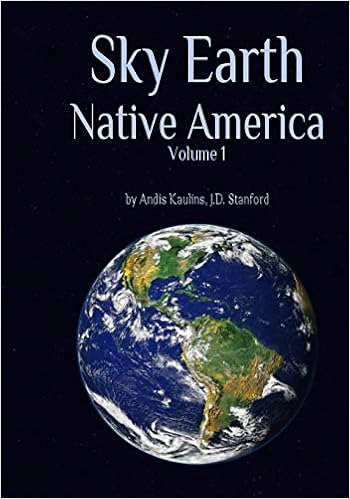Think about property law and land ownership...
impossible without land survey viz. land "navigation" of some kind.
Our interest in ancient surveyors and early land and sea navigation is thus fundamental to an understanding of modern law and society. You have to know what land was measured and how that measurement was conducted, since that served as the inherited "land" basis for the nation-states which still exist today.
To understand the development of human civilization, it is important
to recognize that mankind's first "scientific" technologies were
arguably based on primitive "stargazing", i.e. what we modernly call
"astronomy".
No less a thinker than Bertrand Russell wrote in
Human Knowledge: Its Scope and Limits (Simon and Schuster, Clarion Books, New York, 1948) that:
"Astronomy
is the oldest of the sciences, and the contemplation of the heavens,
with their periodic regularities, gave men their first conceptions of
natural law."
Furthermore, in terms of both land survey and land or sea navigation, as written at the Wikipedia under
Surveying:
"The primary way of determining one's position on the earth's surface
when no known positions are nearby is by astronomic observations.
Observations to the sun, moon and stars could all be made using
navigational techniques. Once the instrument's position and bearing to a
star is determined, the bearing can be transferred to a reference point
on the earth and which can then be used as a base for further
observations. Survey-accurate astronomic positions were difficult to
observe and calculate and so tended to be a base off which many other
measurements were made. Since the advent of the GPS system, astronomic
observations are rare as GPS allows positions to be determined
adequately over most of the surface of the earth."
Since
human survival has at all times depended on either ownership, control
of or access to actual physical territory on our planet Earth, that same astronomy
served as the simplest way to map out that territory, with maps made to
mirror the ever-present and ready-made sky map of the heavens, "as
above, so below". At our
Megaliths.net website on megalithic cultures we write:
"As observed by Alice
Cunningham Fletcher (Alice C. Fletcher) in her 1902 publication in
the American
Anthropologist, there is ample evidence that some ancient
cultures, e.g. the Pawnee
in Nebraska, geographically
located their villages according to patterns
seen in stars of the heavens. FLETCHER, A. C. (1902),
STAR
CULT AMONG THE PAWNEE —A PRELIMINARY REPORT. American Anthropologist,
4: 730–736. doi: 10.1525/aa.1902.4.4.02a00050."
To the importance of astronomy for ancient peoples we can add timekeeping, as written at
Curious About Astronomy:
"In ancient times, the practical need for timekeeping and navigation was
one of the primary reasons for the study of astronomy. The celestial
origins of timekeeping and navigation are still evident. "
In
spite of the above observations, anthropologists and archaeologists
worldwide generally proceed in their academic work as if the ancients
knew more or less nothing of astronomy and, furthermore, placed little
or no importance upon it for land survey, navigation, timekeeping and
chronology, whereas the probative evidence that we have increasingly
found presents exactly the opposite picture. Astronomy DOMINATED the
ancient world.


